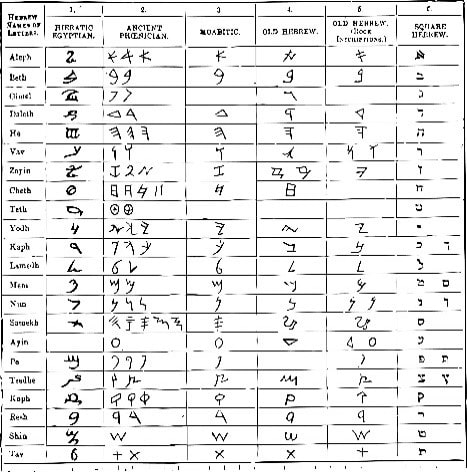
What’s the Hardest Part When it comes to learning Hebrew?

Hebrew is an ancient language, yet still relevant and spoken by millions of people globally. It’s one of the two official languages of Israel and has enormously evolved since its inception.
Many people consider Hebrew a difficult language to learn, read, and write—but it’s also true what they say, practice makes a man perfect. Though you might face unique challenges during the Hebrew learning process, you can easily overcome all of them with practice.
The best part about Hebrew is its transcendent revival after being obsolete for a long time. It’s almost like it has been resurrected from an oblivion state and has become vibrant and rich.
Is Hebrew Really Hard?
Hebrew isn’t tough to learn; it’s just a bit different from widely spoken European and Asian languages. For example, in Hebrew, a copula is often omitted, such as “he tall” instead of saying “he is tall.”
This makes Hebrew phrasing complicated to some extent; however, once you get hold of the basics, these hurdles will have no impact on your learning progress.
Let’s get to know some other challenges that you’ll likely face when learning Hebrew:
Unfamiliar Alphabets

A list of Hebrew alphabets
Hebrew alphabets look and sound nothing like common European languages but can be quite familiar and easier to comprehend by Arabic speakers.
Hebrew transcript originates from modern English’s stem known as Phoenician. This means, once you start observing individual letters, you’ll identify likenesses between them.
The best way to learn Hebrew letters is by taking some time to identify their similarities instead of practicing transcript and consonants.
Recommend reading: Is Hebrew Difficult to Learn for English Speakers?
RTL Inscription
When learning the alphabet, you’ll get used to Hebrew’s right-to-left transcription. This modification is perhaps the smallest hindrance to overcome when learning Hebrew but is certainly not innate for beginners.
Pronunciation
Understanding and perfecting Hebrew’s intonation depends on your mother tongue. Native English speakers might find the distinctively gruff “r” sound a bit challenging to learn. Some discrete sounds can overlay and end up confusing an unacquainted mind and making learning more complex.
Conjugations
Hebrew verbs, similar to French, can take different forms depending on the subject’s gender. A good part of learning Hebrew is that it only has two tenses—making gender modifiers hard to perfect. Moreover, persons– first, second, third—also act as modifiers for singular and plural forms of a verb.
Learn from Hebrew Experts at Ulpan-Or
Learning Hebrew might come with new challenges, but don’t let them discourage you! Hebrew is a fascinating, beautiful, and intriguing ancient language to learn. So whether you’re looking for Hebrew courses for beginners or are interested in mastering your basics, you’ve come to the right place!
At Ulpan-Or, our proficient and professional Hebrew-speaking instructors from Israel will help you grip all the ropes of mastering Hebrew. We provide Hebrew language learning online for all age groups. We also have a 25% discount on our beginner-friendly course valid till the end of January.
Contact us today to book your session!



